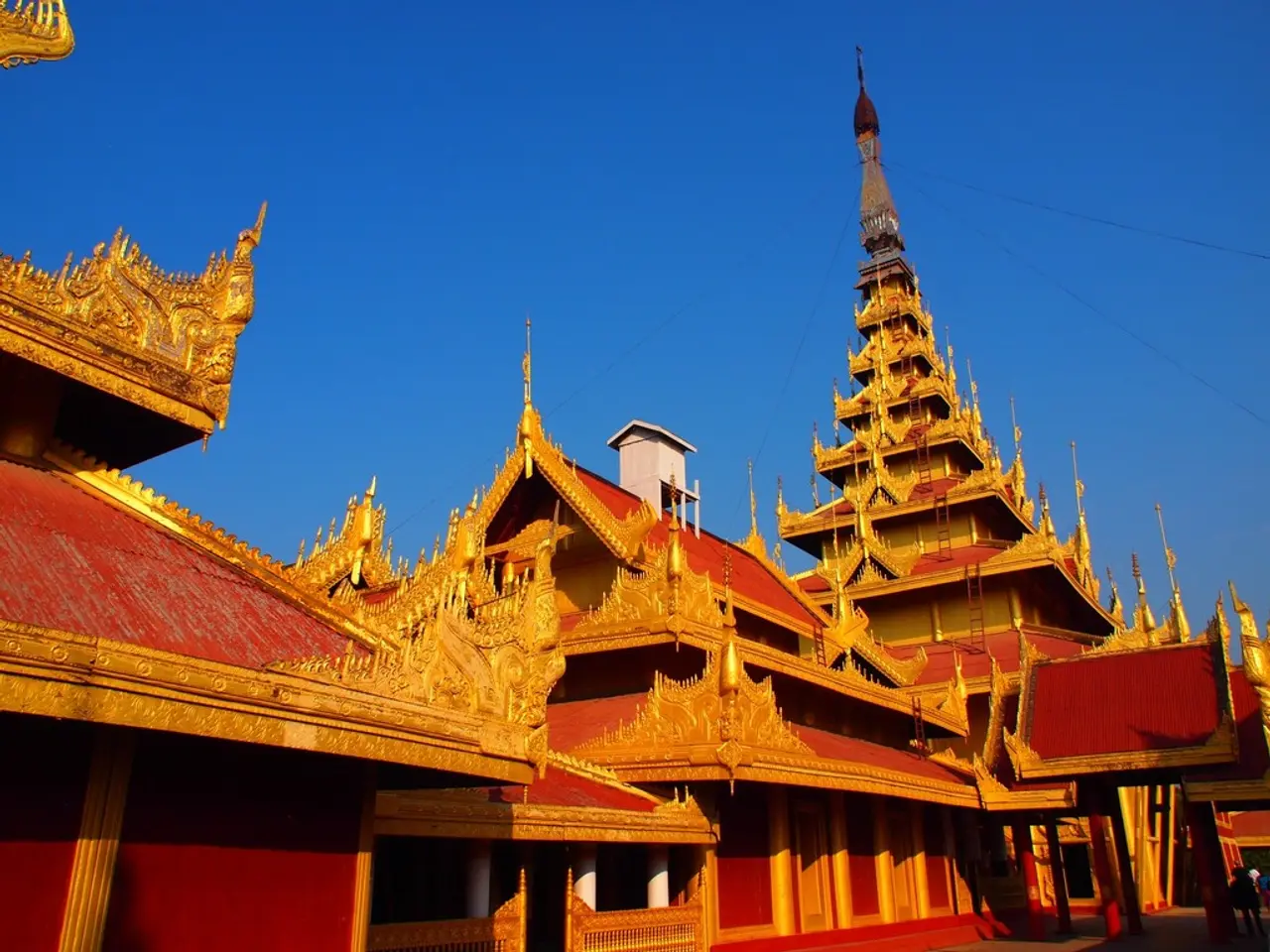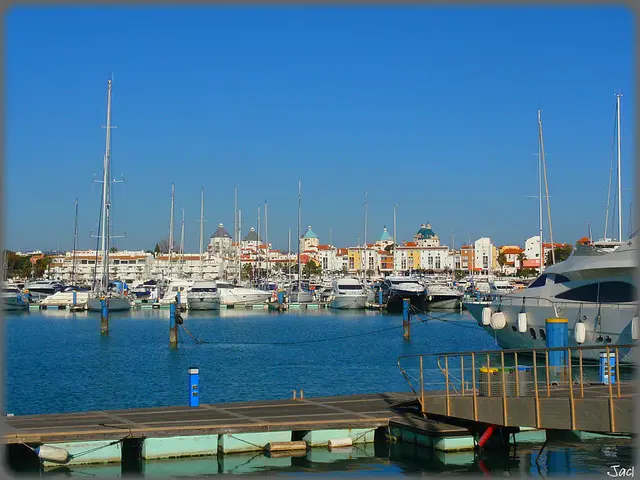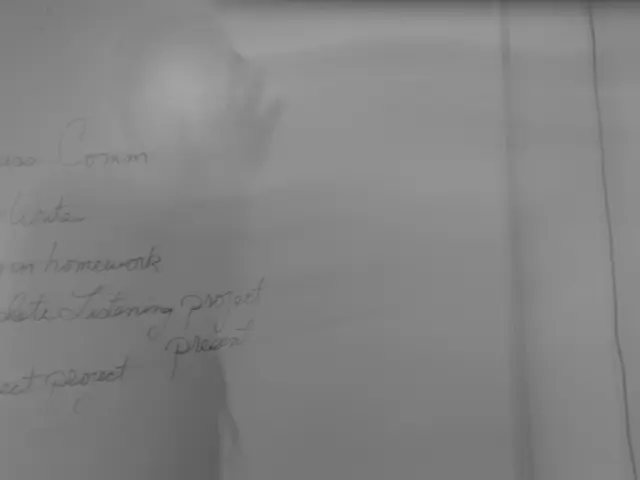Kuki Leaders Demand Union Territory Amid Manipur’s Ethnic Crisis and Historical Claims
The Kuki leaders have declared that coexistence under the current Manipur state administrative setup is no longer feasible, following the violent ethnic cleansing that began on May 3, 2023. They have demanded a Union Territory (UT) for their community, citing historical justifications and the need for equitable governance.
Historical records show that the Kuki-Zo Hills were never under Manipur state durbar's control before Independence. The Kukis have argued that they were administratively, politically, and culturally never part of Manipur state before 1947. Under British rule, their lands were 'excluded areas', administered directly by the British political agent, not the Meitei king.
The Kukis have demanded a separate administrative unit within India's constitutional framework, stating that this would not be secession but a restoration of pre-independence autonomy. They believe this would lead to lasting equitable governance, security, and development. However, Union home minister Amit Shah and advisor AK Mishra have reiterated that current policy does not support the creation of new union territories. Meetings held on November 6 and 7, 2023, discussed the Kukis' demand, but no concrete decisions have been made.
The Kuki leaders' demand for a union territory reflects their desire for self-governance and recognition of their unique historical and cultural identity. While the Indian government has acknowledged their concerns, the creation of a new union territory remains a contentious issue.
Read also:
- American teenagers taking up farming roles previously filled by immigrants, a concept revisited from 1965's labor market shift.
- Weekly affairs in the German Federal Parliament (Bundestag)
- Landslide claims seven lives, injures six individuals while they work to restore a water channel in the northern region of Pakistan
- Escalating conflict in Sudan has prompted the United Nations to announce a critical gender crisis, highlighting the disproportionate impact of the ongoing violence on women and girls.





